We're an overcaffeinated society
Coffee and tea are the two most commonly used drugs in the world. And not without reason: on the one hand they are delicious, on the other hand we have made a ceremonial out of their consumption that has found its way around the world and connects people. The famous tea ceremony from Asia is still the exotic variant. In our part of the world we find it more likely to meet for a coffee á la Viennese coffee house or to have an espresso standing up in the morning on the way to work á la bella Italia. However coffee or tea is consumed; it is most often associated with a ritual - most often even with a social ritual.l.
Why shake something so beautiful, organically grown now?
62% of all Americans surveyed believe they consume too much caffeine and should limit their coffee consumption (National Coffee Association). In this country, surveys would certainly be similar. With increasing health awareness, everyday drugs such as alcohol, tobacco and caffeine are increasingly being questioned.
Rightly so - because the health effects should not be ignored. While it has long been clear that long-term use of tobacco causes serious damage to health, awareness of the consumption of alcohol and caffeine is only just beginning to be raised.
The peculiarity of caffeine consumption, especially when caffeine is ingested through coffee or tea (not through sugary energy drinks), is that it has no immediate negative consequences on physical health - quite the contrary. A cup of coffee a day is said to be healthy, green tea even more so.
So why reduce caffeine?
What we are currently experiencing is an expansion of the health culture. We are so advanced in medicine that the preservation of bodily functions has been extensively researched. There are hardly any new findings in nutritional science - if you want to live healthy, you now know pretty much exactly what to do (ok - roughly simplified): Depending on your body type, a little more or less carbohydrates, lots of greens & vegetables, less meat , slow food instead of fast food, without sugar and chemical ingredients.
What we have barely researched, but which is emerging as an urgent problem of global proportions, is mental health.
The next big hurdle: mental health
Depression, anxiety, stress, loneliness. They are seen by the WHO as the major hurdles that Western civilization will have to jump over in the years and decades to come.
STOP. How on earth did I get depression, anxiety, stress & loneliness from the harmless, cute coffee shop around the corner?
That's a bit extreme, I know. It should also be used with caution.
However, one idea has stuck with me since I drank about 8 cups of coffee a day in my last job. I was stressed, often overtired, at some point I even got stomach ache from it. My girlfriend at the time said it was the acid in the coffee…
Stress as an everyday phenomenon - and how caffeine contributes to it
Putting aside the other mental illness heavyweights, stress is arguably a big issue in the lives of pretty much all millennials (and above) by now.
If we look at the physiological mechanisms of action of caffeine, we see that it stresses us. Adrenaline is released, heart rate increases, pupils constrict, we are ready to either fight or run (fight or flight response). Who does not know the racing heart after one coffee too muchel?
Caffeine only works for a very short time in the organism, the half-life is already reached after almost 2 hours. After that, especially after drinking coffee, we often fall into a deep energy hole. I need the next coffee. Or something sweet?
Caffeine is a bit like pouring gas on a fire for stress.
Anyone who is already stressed or even suffers from anxiety due to tight deadlines, financial insecurity, loneliness, social pressure, the constant ringing of cell phones, the Insta, Facebook, TikTok, WhatsApp, Snapchat, Tinder, LinkedIn notifications, recently a global pandemic and of course noise, who or he should refrain from caffeine.
Do you want to reduce your coffee consumption??
Have you ever thought about reducing your coffee consumption, but you may have failed?
I felt the same way at first. I noticed that what I missed most was the ritual in the morning. I'm not a monk and just couldn't get used to hot water plus lemon juice as is often recommended.
Our cocoa could be an alternative for you.
Cocoa contains very little caffeine. A 15g cup of our cocoa contains about as much caffeine as decaffeinated coffee.
Cocoa can also be super tasty. And as we prove with our products, cocoa doesn't need any sugar or other unhealthy ingredients to be really, really good.
Did you know that Goethe and Humboldt were big cocoa fans? They drank their chocolate every morning. Because cocoa was already known in Europe before coffee spilled over from the Arab world. Goethe even said that writing was difficult for him without chocolatewer…
In fact, this text came easy to me under the influence of 15gIndio Rojo from Guatemala.
Cocoa is a relaxed morning ritual. Try it.
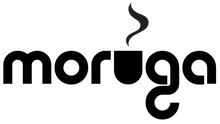
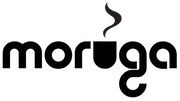

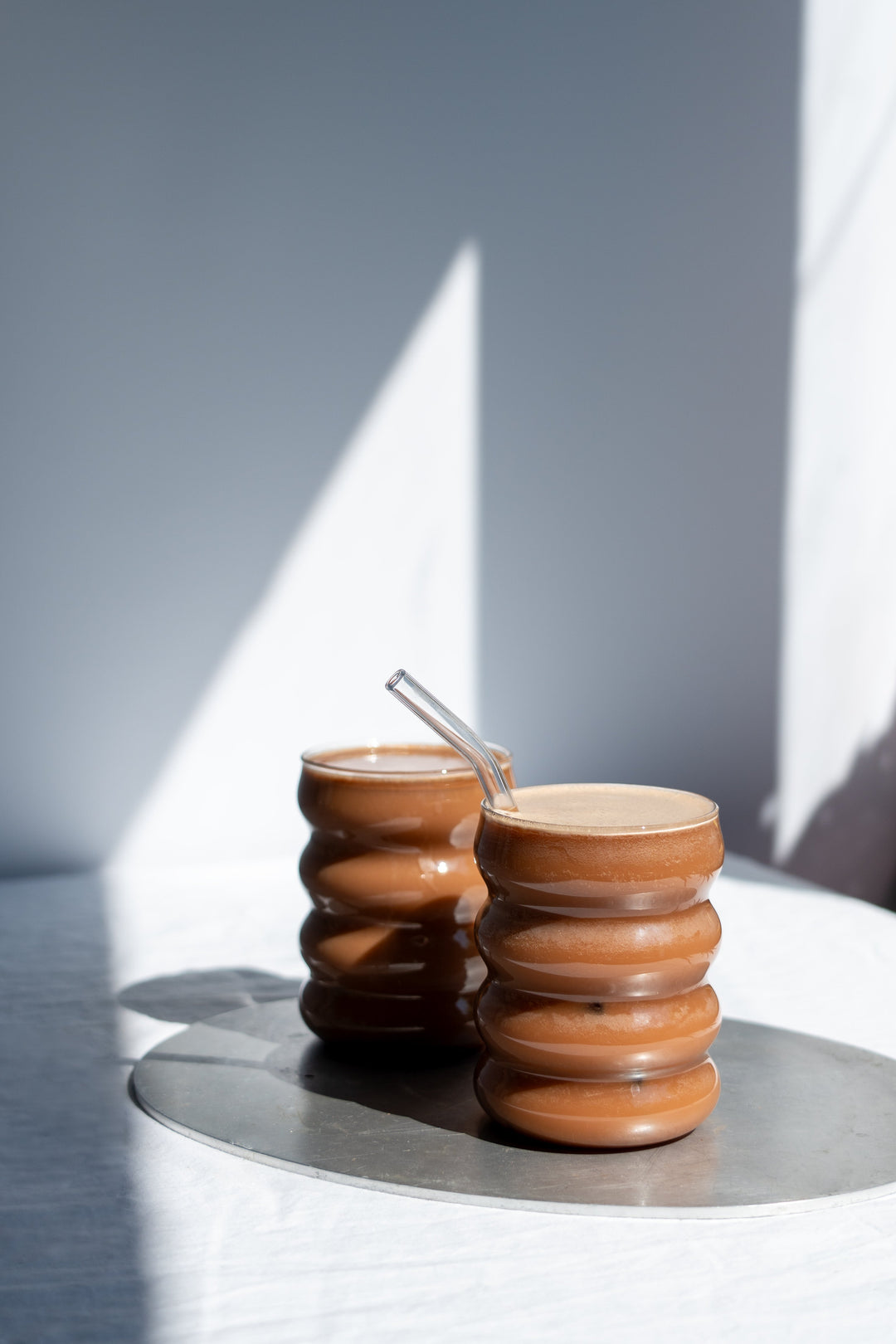
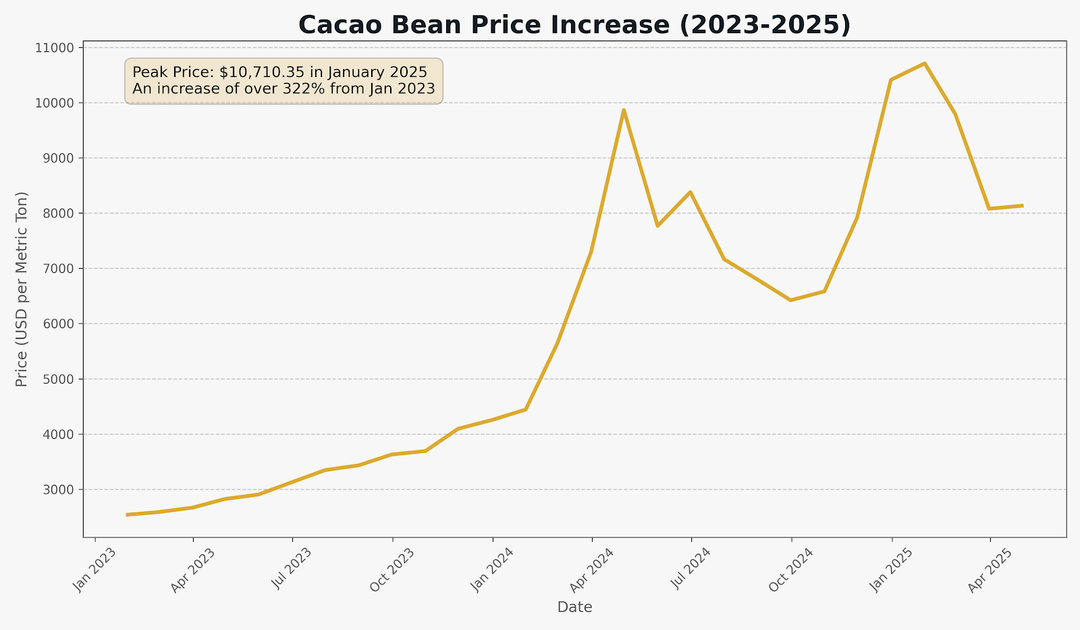
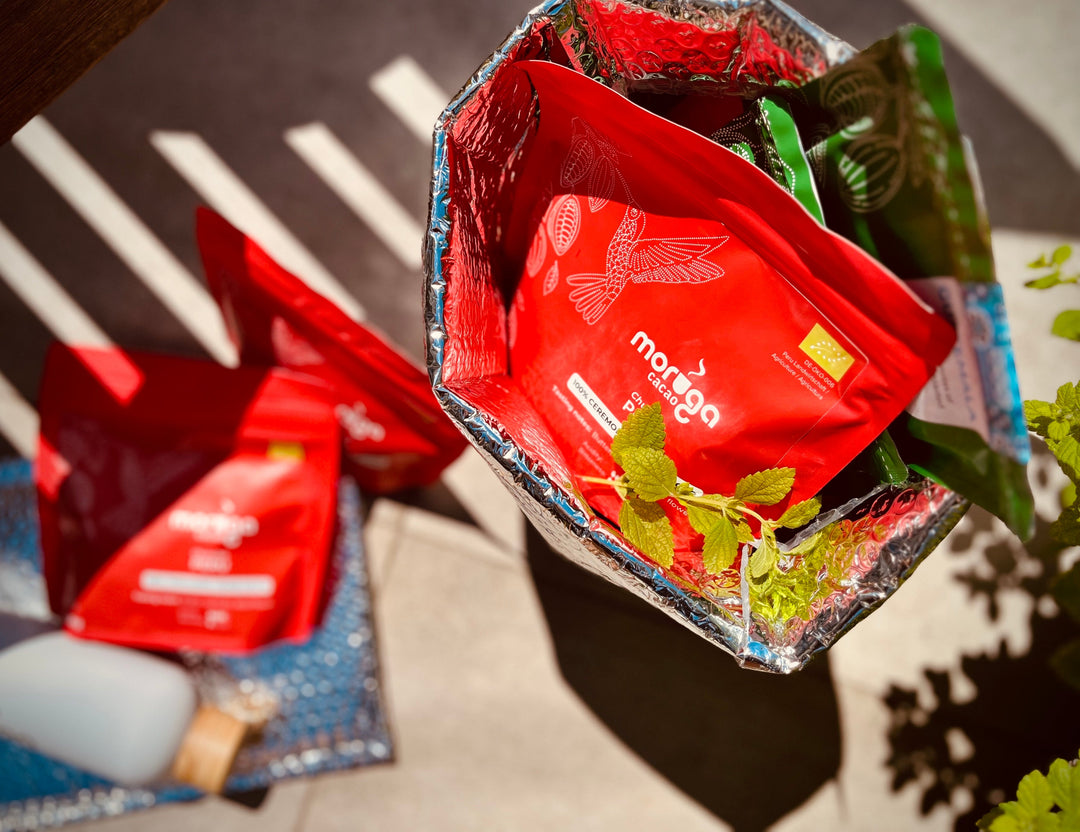
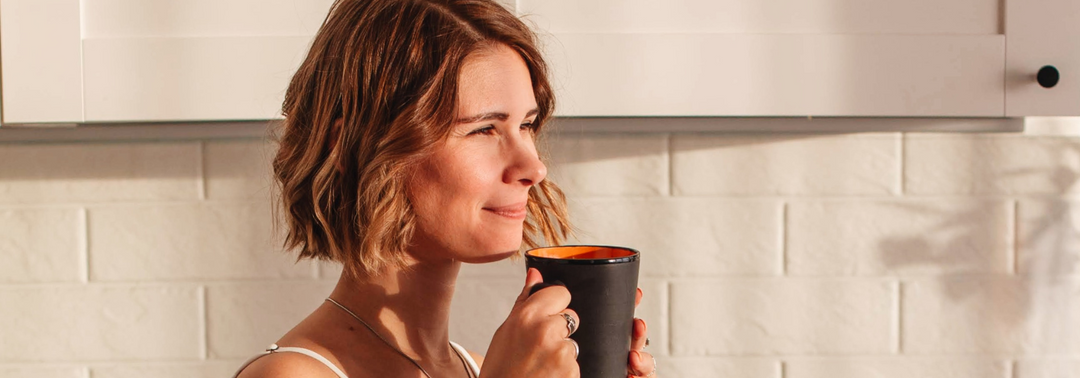
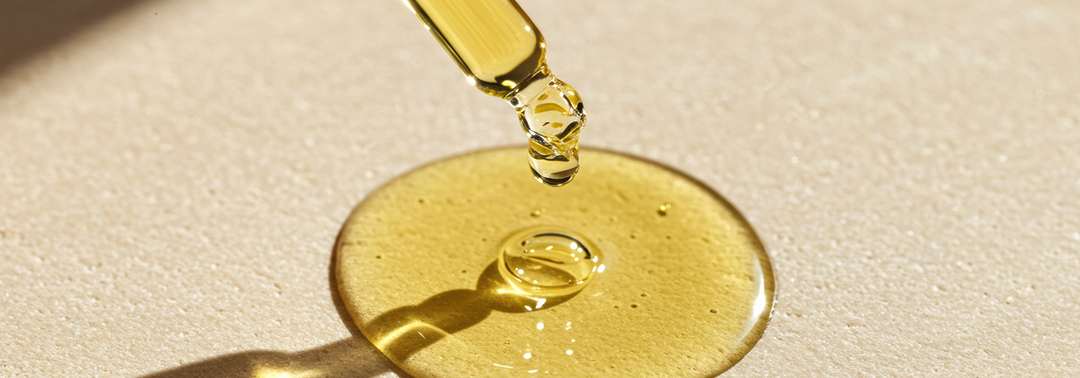
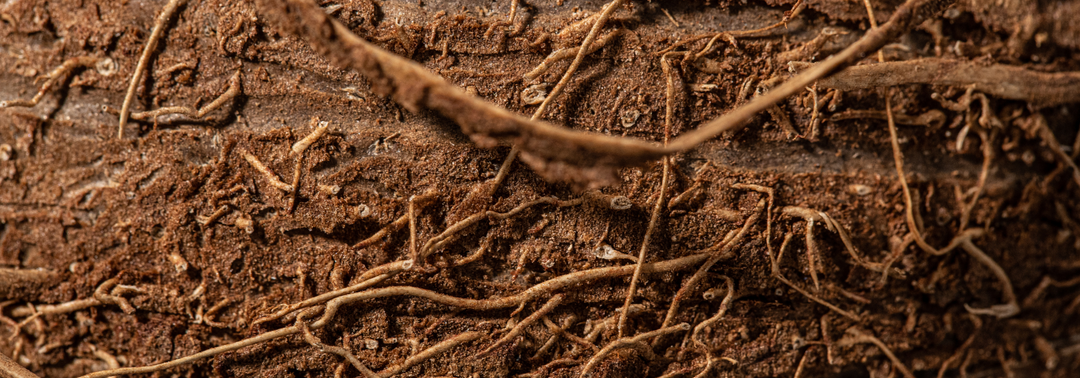
Leave a comment